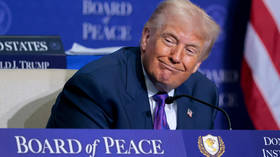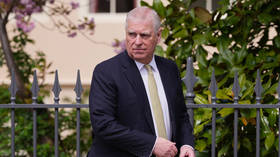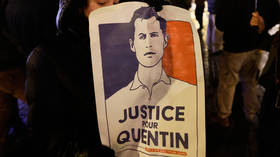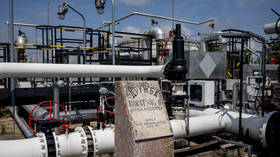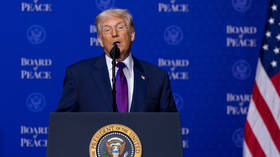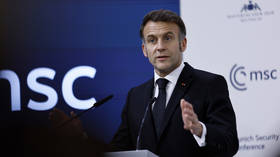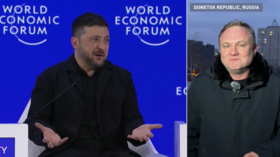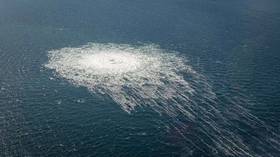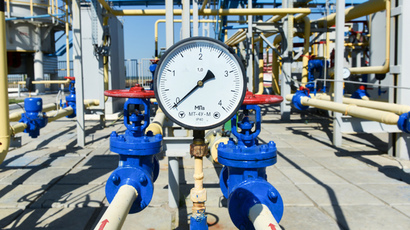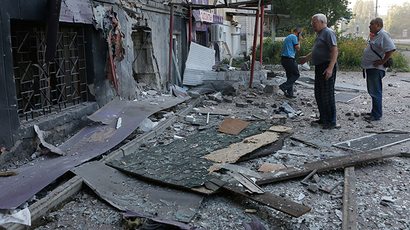IMF throws Ukraine $1.4bn lifeline
The International Monetary Fund has given a green light for Ukraine to receive the second tranche of financial assistance totalling $1.39 billion, meaning more austerity measures for the already struggling economy.
“The Executive Board of the International Monetary Fund (IMF) today completed the first review of Ukraine’s performance under an economic program supported by a Stand-By Arrangement (SBA),” the organization said in a statement.
“The completion of this review enables the disbursement of SDR 914.67 million (about US$1.39 billion), which would bring total disbursements under the arrangement to SDR 2.97 billion (about US$4.51 billion),” the statement reads.
The international body also approved Ukraine's request to merge the third and fourth instalments of its financial assistance. Ukraine's weak economy may now be eligible for a $2.3 billion bailout if another review is passed by the end of 2014.
At the same time the IMF noted its decision was based on the “assumption” that the conflict in the east of Ukraine will subside in the coming months.
“The conflict in the eastern part of the country is taking its toll on the economy and society, and compensatory measures will be critical to achieve key program targets agreed for 2014 and beyond,” the statement reads.
Ukrainian Prime Minister Arseniy Yatsenyuk emphasized on his Facebook page that the IMF voted “unanimously” to allocate another instalment.
Following the Executive Board discussion, IMF Managing Director Christine Lagarde said the escalating conflict in the east is causing a “deeper recession and deviations from program targets in the short term.” In particular, Legarde singled Naftogaz deficits and the central bank’s net international reserves.
“Kiev authorities have to take steps to accumulate international reserves, tighten the fiscal stance in 2015–2016 relative to the initial program targets, and step up efforts to put Naftogaz on a sound financial footing,” according to Lagarde. “Downside risks to the program remain very high,” she added.
It is ordinary Ukrainians who will suffer the most under the new austerity measures as the floating national currency is likely to push up inflation, while a spike in domestic gas prices will impact every household. Under the IMF conditions Kiev has to cut the budget deficit, increase retail energy tariffs, and shift to a flexible exchange rate. For simple people that means raised taxes, energy bill costs, and freezing of wages and pensions. It also includes smashing tax benefits for agriculture and allows banks to repossess property.
All this, as the IMF says Ukraine's GDP will contract by 6.5 percent this year, while the hryvnia has fallen over 60 percent against the dollar this year.
“Under the IMF's articles of agreement, it [IMF] is not allowed to lend money to a country that is unable to pay,” Michael Hudson, Wall Street analyst told RT. “The repayment of these demands is going to cause the Ukrainian currency to fall way down...the economy will be killed under the condition of this loan.”
To receive the IMF funds, Kiev opted for severe austerity program that includes getting rid of 24,000 government jobs, withdrawing subsidies on natural gas, raising taxes, and selling off state assets. Ukraine received the first IMF loan of $3.16 billion in May after the IMF approved a $17 billion package in the form of a two-year stabilization program.


